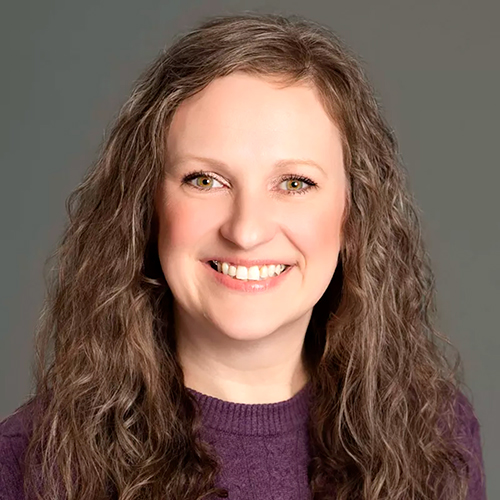The Health series is presented by AdventHealth
Pollutants in the environment, microplastics, heavy metals, and cellular waste from simply living and functioning—these are just a few substances our bodies collect that we don’t want to keep because they can lead to health problems over time. Although our bodies have natural ways to eliminate waste, sometimes we need a bit more help. Biotherapeutic drainage is one such treatment option, says Julia St. Clair, ND, naturopathic doctor with the AdventHealth Whole Health Institute.
What is biotherapeutic drainage? How is it different from detoxing?
Biotherapeutic drainage is a treatment based on the idea that our bodies are like leaky buckets. The holes in the bucket represent the ways our body gets rid of things we don’t want, and water represents things that our body has to process and then get rid of. Our body’s natural pathways to get waste out are called emunctories—the holes in the bucket, if you will—such as the liver, gut, kidneys, lungs, and skin. When these pathways are blocked, the holes in the bucket are blocked and instead of allowing water to enter the bucket and pass through, the water gets trapped and overflows. It’s at this point that our body is toxic and we begin having symptoms.
Some of these symptoms can include fatigue, headaches, muscle and joint pain, mood changes, brain fog, nervous system issues, increased allergic response, chronic infections, gut issues, hormone imbalances, and skin problems.
Biotherapeutic drainage can sound a lot like detoxing, which means eliminating things coming from outside the body. But biotherapeutic drainage does more than that. Biotherapeutic drainage not only makes sure that the emunctories are open so the body can effectively manage the toxins coming in from outside the body, but acknowledges that our body’s own cells, simply functioning the way they are created, also make a large amount of waste that our body needs to get rid of. Keeping the emunctories open allows the cells to get rid of the waste and keeps our body functioning optimally at a cellular level. Ultimately, if the cells of your gut are functioning correctly, then your gut itself will be functioning correctly. This optimization of health at a cellular level is the goal of biotherapeutic drainage as a treatment.

What types of biotherapeutic drainage remedies do you use?
Biotherapeutic drainage uses remedies called UNDA numbered compounds, Gemmotherapies and Phytogens. These are plant-based liquid remedies that are often taken in doses of 5 to 7 drops or a teaspoon or two at a time. A lot of these remedies are homeopathic doses (microdoses) that stimulate a healing response from the body without overwhelming cells and forcing action. All remedies work together encouraging waste elimination through emunctories, aid in tissue repair, stimulate growth, and promote proper organ and cellular function. Lifestyle recommendations are also key for biotherapeutic drainage to promote avoidance of toxins and to open emunctories.
How can you tell if a patient could benefit from biotherapeutic drainage?
Any patient can benefit from biotherapeutic drainage, especially those with chronic concerns. The people that I almost always recommend biotherapeutic drainage as a treatment option are people who have cases that have not responded well to previous treatments or patients who are extremely sensitive to treatments or things that enter their environment. For example, someone with IBS who has tried everything and still can’t get their symptoms under control. Or a person who gets headaches when there is a strong scent around or who must be extremely careful about their diet because they have a very large list of foods they react to.
What conditions respond well to treatment?
Almost any chronic condition can be helped with biotherapeutic drainage. Some specific things that I see respond well are as follows:
- Gut concerns like IBS, SIBO (Small Intestinal Bacterial Overgrowth), constipation, diarrhea
- Autoimmune diseases like rheumatoid arthritis, Hashimoto’s thyroiditis, celiac, POTS, fibromyalgia, chronic fatigue syndrome
- Hormone disruptions like PMS, menopause/perimenopause, meta bolic syndrome, adrenal insufficiency
- Chronic conditions like osteoporosis, hypertension, migraines, allergies, eczema and rashes
I do find it beneficial to focus on biotherapeutic drainage with almost all patients at some point in our health journey together, tailoring treatments to each person’s individual needs as they feel comfortable. At the AdventHealth Whole Health Institute, I make sure to treat each patient with a focus on the whole person and ensure that any treatment recommended complements and supplements any other healthcare you may be receiving.



